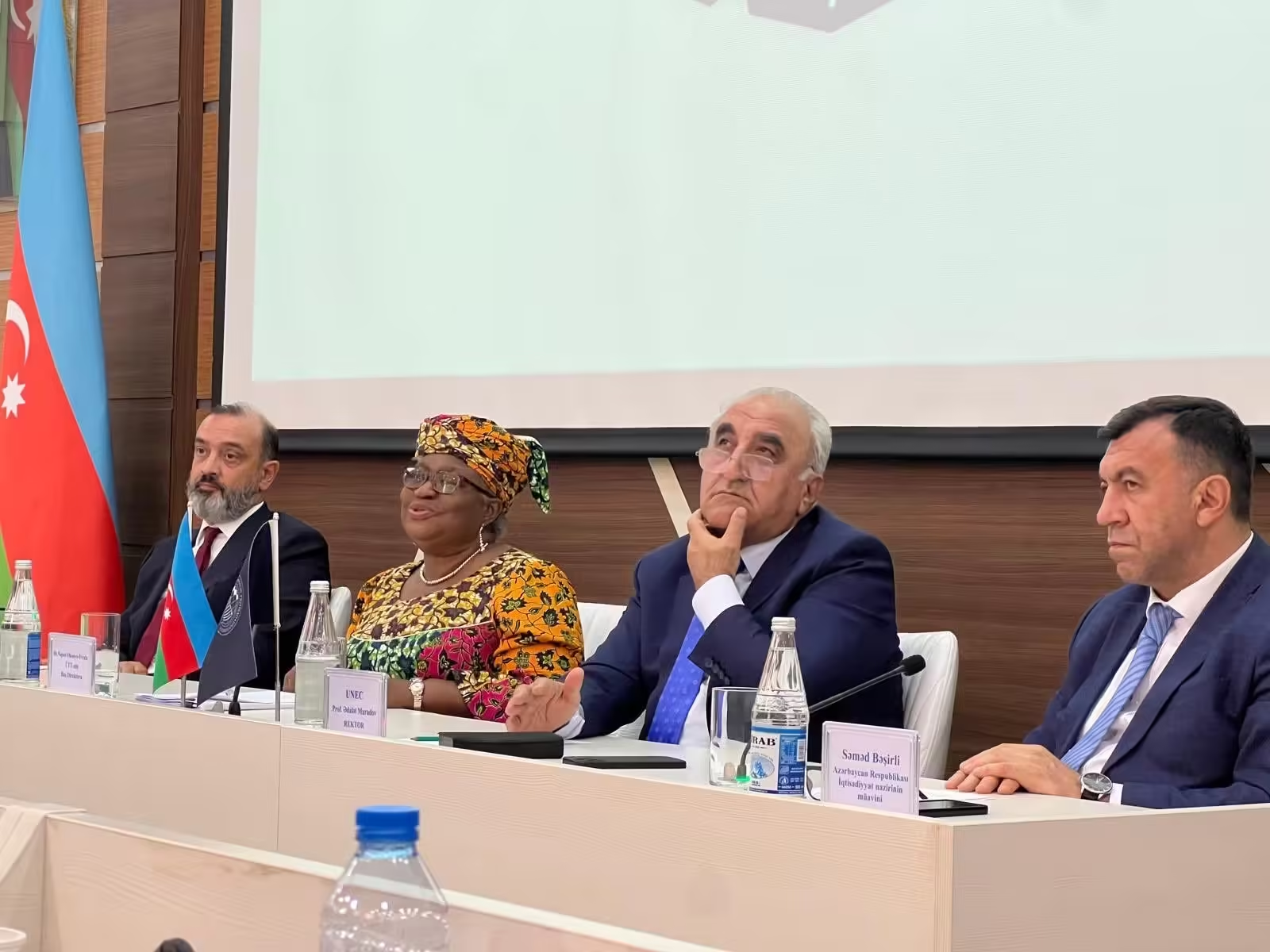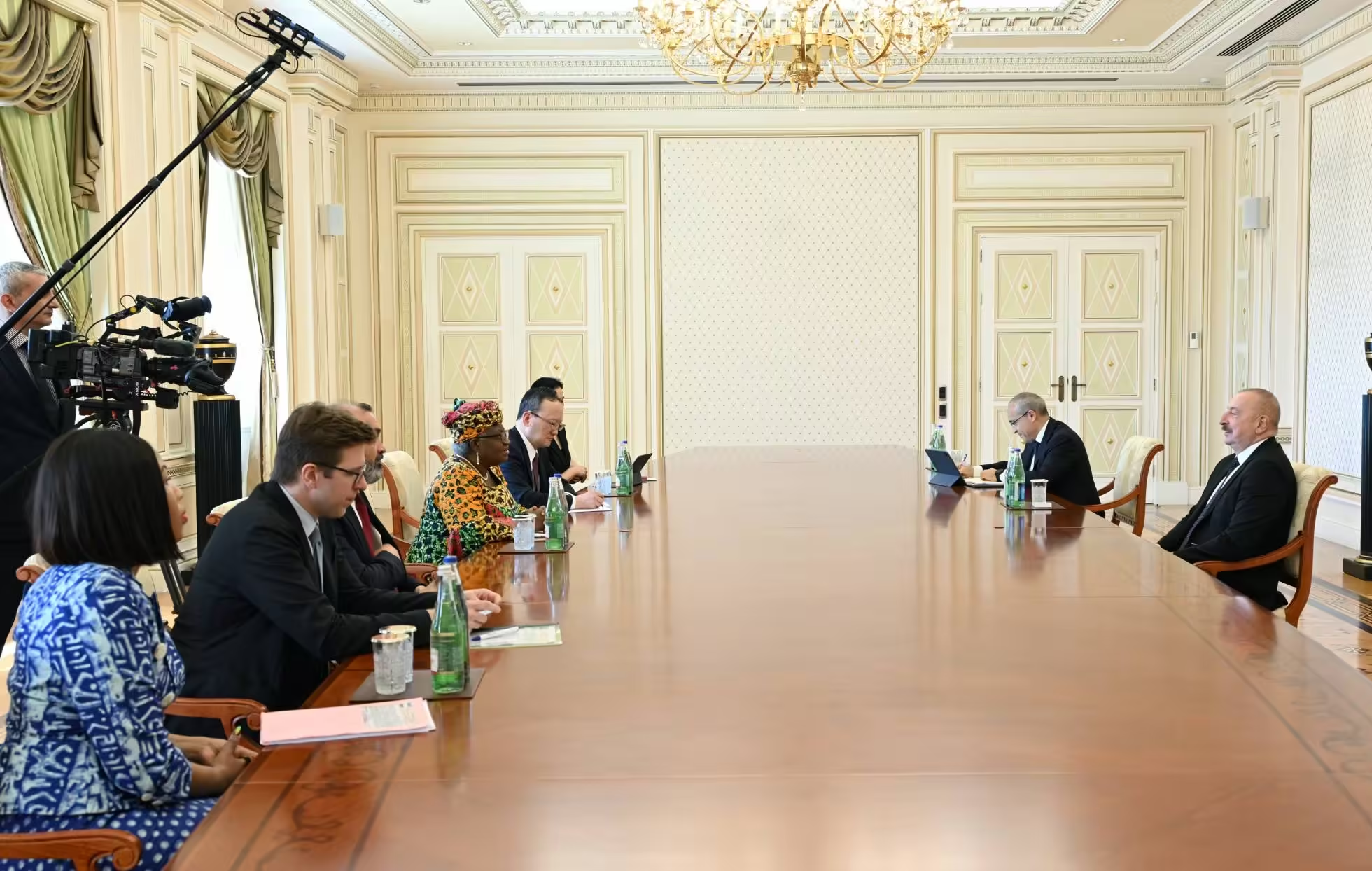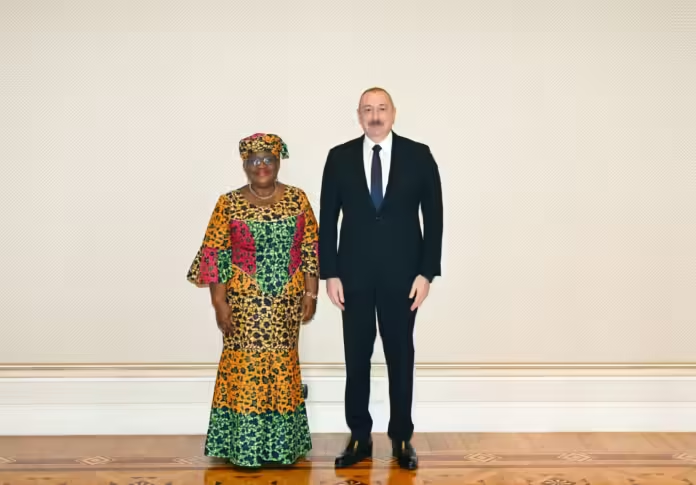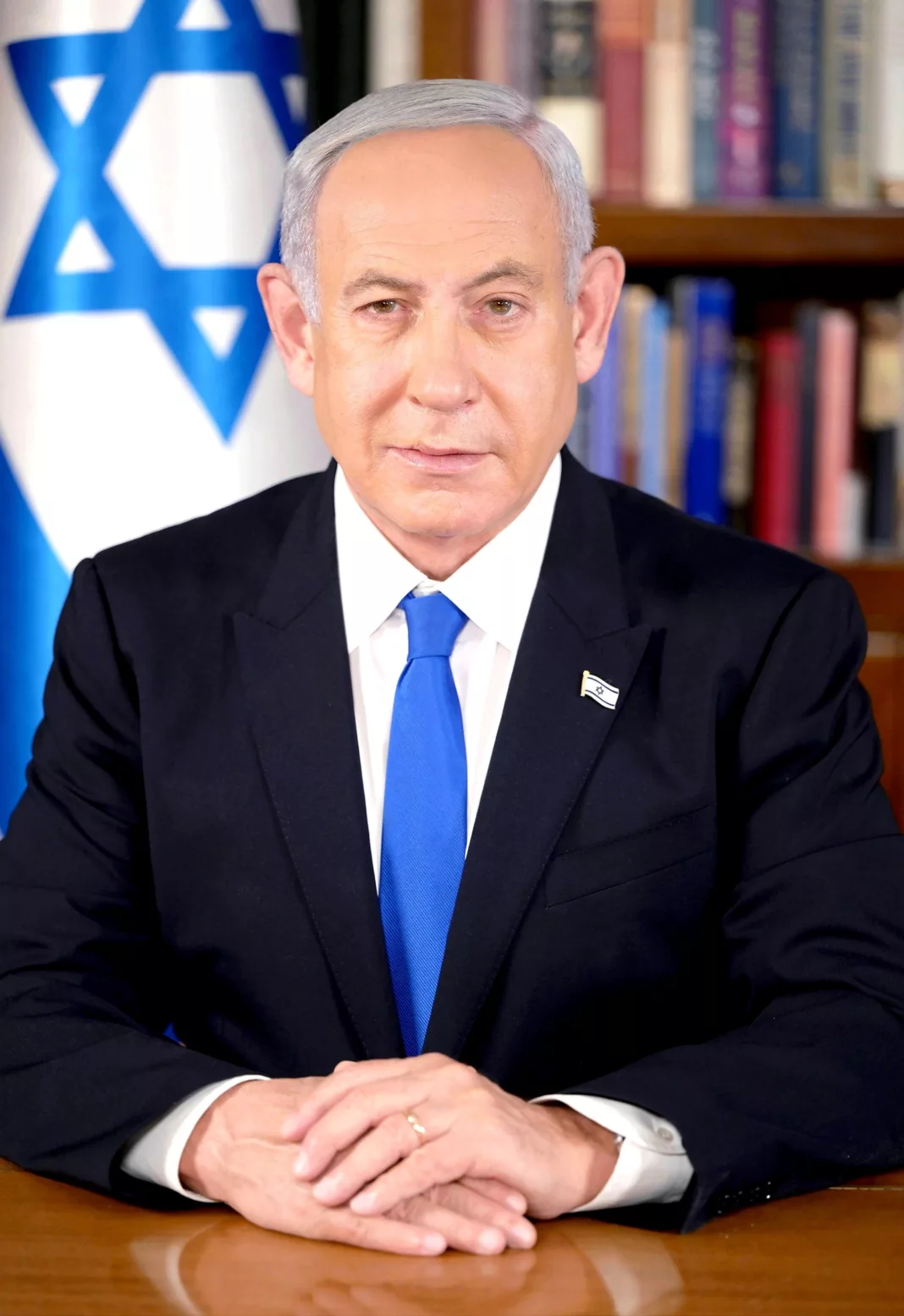WTO Director-General Ngozi Okonjo-Iweala’s recent visit to Baku, Azerbaijan, marked a pivotal moment for the country’s aspirations within the global trade community and its proactive stance on climate change. On June 6, she met with President Ilham Aliyev and Minister of Economy Mikayil Jabbarov to discuss Azerbaijan’s WTO accession process and the upcoming 29th United Nations Climate Change Conference (COP29), set to be hosted by Azerbaijan.
The Director-General’s tour, which included stops in Kazakhstan and Uzbekistan, culminated in Azerbaijan, where she and President Aliyev delved into how WTO membership could unlock Azerbaijan’s potential in green energy, the digital economy, and as a key logistical hub between Europe and Asia.

The meeting, also attended by Ambassador Alparslan Acarsoy of Türkiye, Chairperson of the Working Party on Azerbaijan’s Accession, laid out the cooperative steps ahead for Azerbaijan’s integration into the WTO.
In her discussions with Minister Jabbarov, Okonjo-Iweala praised the diligence of Azerbaijan’s technical team and urged them to capitalize on the progress made during the 15th meeting of the Working Party. This meeting was particularly significant as it reignited the accession dialogue after a six-year pause.

At the Azerbaijan State University of Economics, the Director-General addressed the Conference on Azerbaijan’s WTO Accession, emphasizing the nation’s strategic position as a trade nexus and its potential for substantial growth. “Azerbaijan’s accession to the WTO is not just about market access but also about contributing to the shaping of the global trading system,” she stated.

Looking ahead to COP29 in Baku, Okonjo-Iweala highlighted the integral role of trade in addressing climate change challenges. She lauded Azerbaijan’s initiative to incorporate a Trade and Investment Day and a Trade House/Pavilion into the conference. The WTO’s collaboration with Azerbaijan’s Ministry of Economy on COP29’s trade components promises to build upon the foundations laid at COP28 in Dubai, further integrating trade considerations into global climate strategy.




